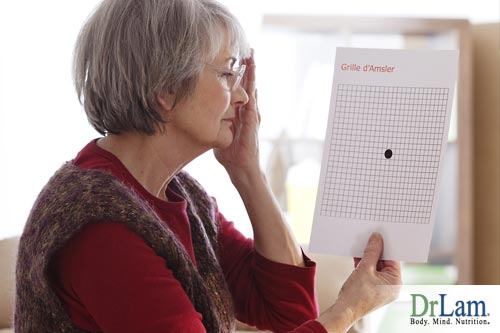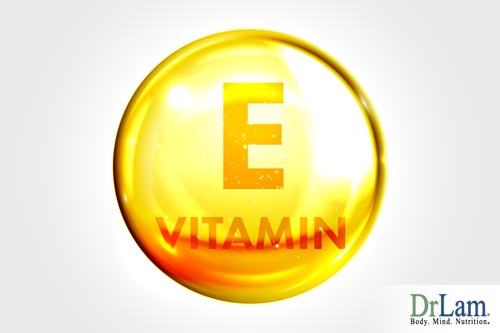 Adult Macular Degeneration is the number one cause of blindness of those over age 65. Macular Degeneration causes are still unknown, yet several risk factors have been identified, such as genetics, smoking, and possibly diet. For prevention or slowing the progression of Adult Macular Degeneration Vitamin C and other antioxidants can reduce the free radical damage to the retinas that primarily causes it.
Adult Macular Degeneration is the number one cause of blindness of those over age 65. Macular Degeneration causes are still unknown, yet several risk factors have been identified, such as genetics, smoking, and possibly diet. For prevention or slowing the progression of Adult Macular Degeneration Vitamin C and other antioxidants can reduce the free radical damage to the retinas that primarily causes it.
By filtering out the sun's harmful ultraviolet (UV) rays and by keeping free radicals from damaging the retina, antioxidants may help to protect against macular degeneration causes. A plant based diet rich in flavonoids, including quercetin and anthocyanins, may help stave off degeneration of the macula. Research and clinical studies have repeated suggests that beta-carotene, vitamins C and E, selenium, zinc and lutein and zeaxanthin serve as protective antioxidants against macular degeneration and are key nutrients to healthy eyes.
The macula's yellow color is due in fact, to the presence of the carotenoids, lutein and zeaxanthin. The carotenoid lycopene may also be useful because of its antioxidant properties. Zinc is important as well, because of the physiologic role it plays in the retina. A recent study of more than 3, 000 people age 45 to 74 found that drinking wine reduced the risk of macular degeneration causes and risk factors by 19%. The probable mechanism is flavonoid content. Do note that reversal of AMD is probably unlikely. Intake of optimum dose of antioxidants are likely to reduce the rate of progression of the disease for those who have it and prevention of the disease for those who do not have it yet.
 Vitamin E: According to recent research, the risk of late-stage macular degeneration may be significantly lower in older adults who have high levels of Vitamin E in their bloodstream. A daily supplement of 400 is recommended. Leading Food Sources of Vitamin E: Broccoli, Almonds, Peanuts, Avocados, Mangoes, Sunflower Seeds, Brazil Nuts. You cannot get enough Vitamin E from food and diet alone, so supplementation is necessary.
Vitamin E: According to recent research, the risk of late-stage macular degeneration may be significantly lower in older adults who have high levels of Vitamin E in their bloodstream. A daily supplement of 400 is recommended. Leading Food Sources of Vitamin E: Broccoli, Almonds, Peanuts, Avocados, Mangoes, Sunflower Seeds, Brazil Nuts. You cannot get enough Vitamin E from food and diet alone, so supplementation is necessary.The increase in antioxidants is beneficial for many aspects of the body. Free radicals are created from activity in our mitochondria, small energy producers in our cells. Usually, antioxidants are plentiful enough and can meet the demands of the free radicals produced. When bound to antioxidants, free radicals are flushed from our body. However, when too many free radicals are produced without sufficient antioxidants, our detoxification process cannot meet the demands and free radicals can cause harm to our body. This is all part of the NeuroEndoMetabolic Stress Response. It is important to keep these processes in balance with each other in order to mitigate the effects of macular degeneration and other detrimental diseases.
Your eyesight is one of the most important senses you have and you need to protect it. This means that you need to be aware of macular degeneration causes such as diet, smoking, and genetics. However, the direct cause of this degeneration is unknown you may not be able to avoid it, but you can slow its progress by:
Losing your eyesight can be frightening. However, by working to improve your condition you can take control and help improve your overall health. For help with that, talk to our team by clicking here or by ringing +1 (626) 571-1234.
© Copyright 2016-2020 Michael Lam, M.D. All Rights Reserved.
